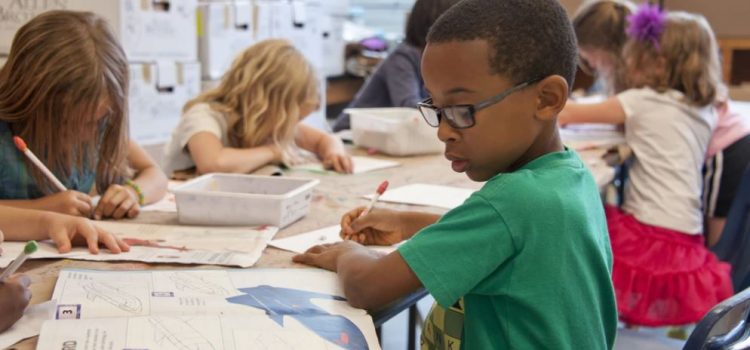In what ways are colleges straying away from viewpoint diversity? Why are opposing viewpoints important for a stimulating, college environment? In The Coddling of the American Mind, Jonathan Haidt and Greg Lukianoff believe that left-leaning professors are far outnumbering conservative professors which is leading to an environment that is less tolerant of viewpoint diversity. They share examples of individuals who have been driven out due to their ideologies. Keep reading for Jonathan Haidt and Greg Lukianoff’s take on the growing lack of viewpoint diversity in colleges.
The Need for Viewpoint Diversity in Colleges










